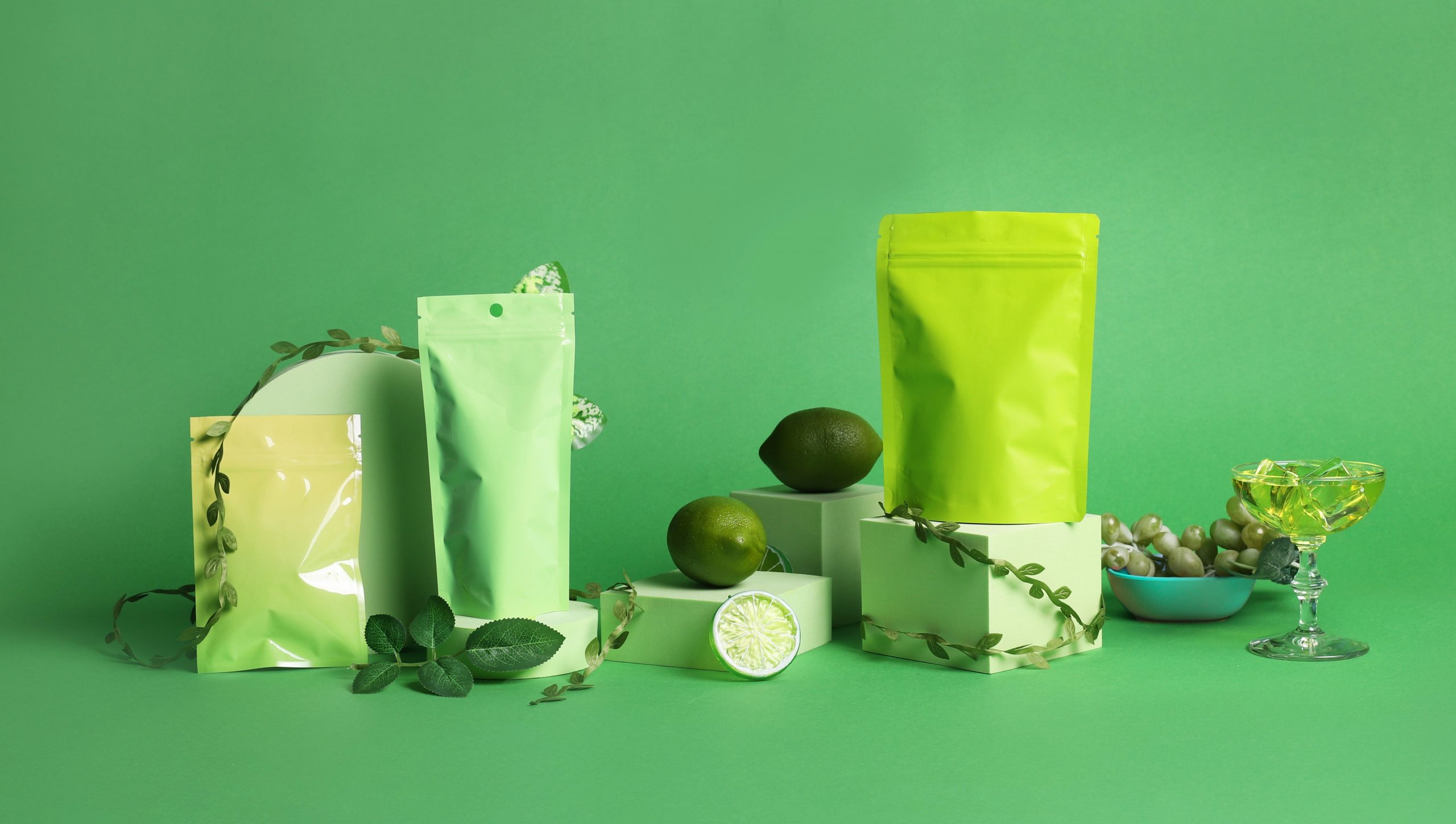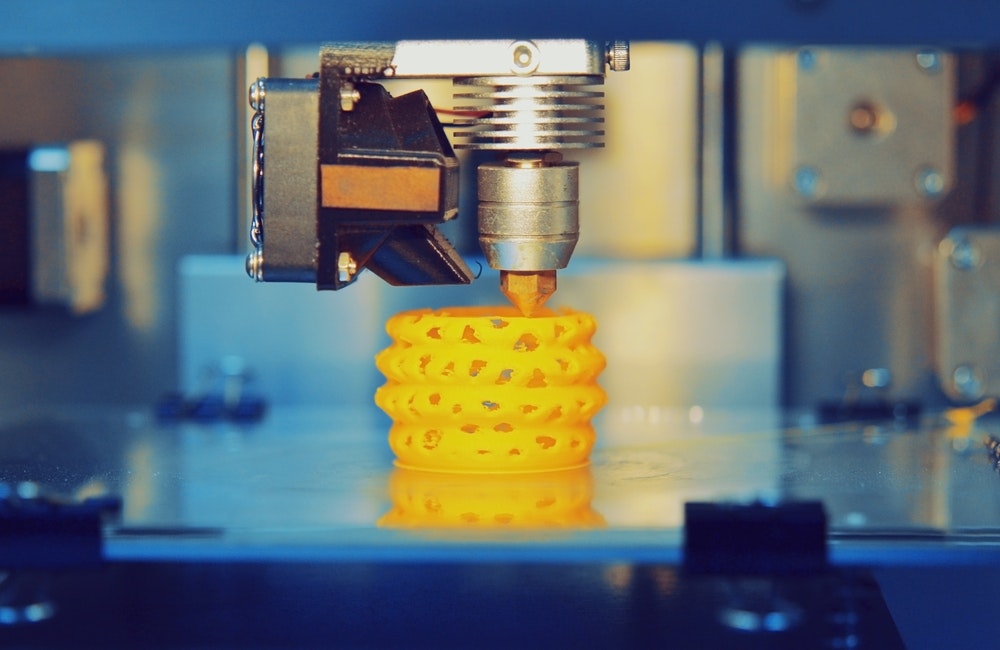In today's world, where environmental concerns are at the forefront, industries are constantly seeking innovative solutions to reduce their carbon footprint. One such solution gaining momentum is plant-based packaging. This article delves into the concept of plant-based packaging, its benefits, and its potential to revolutionize the packaging industry.
- Understanding Plant-Based Packaging:
Plant-based packaging, also known as bio-based packaging, refers to packaging materials derived from renewable resources such as plants, trees, and agricultural waste. Unlike traditional packaging materials like plastic, which are derived from fossil fuels, plant-based packaging offers a sustainable alternative that is biodegradable and compostable. - Advantages of Plant-Based Packaging:
2.1 Environmental Benefits:
Plant-based packaging significantly reduces the environmental impact compared to conventional packaging. As it is derived from renewable resources, it helps conserve fossil fuels and reduces greenhouse gas emissions. Additionally, plant-based packaging materials are biodegradable, minimizing waste and pollution.
2.2 Resource Efficiency:
Plant-based packaging utilizes agricultural waste and by-products, reducing the need for additional land and resources. By repurposing these materials, it contributes to a circular economy, where waste is minimized, and resources are maximized.
2.3 Consumer Appeal:
With the growing awareness of environmental issues, consumers are increasingly seeking sustainable products. Plant-based packaging offers a unique selling point for businesses, attracting environmentally conscious consumers and enhancing brand reputation.
- Applications of Plant-Based Packaging:
3.1 Food and Beverage Industry:
Plant-based packaging finds extensive use in the food and beverage industry. From biodegradable food containers to compostable coffee cups, plant-based materials provide a sustainable packaging solution without compromising on functionality or safety.
3.2 Cosmetics and Personal Care Products:
The cosmetics industry is also embracing plant-based packaging. Biodegradable tubes, bottles, and jars made from plant-derived materials offer an eco-friendly alternative to traditional plastic packaging, aligning with the industry's increasing focus on sustainability.
3.3 E-commerce and Shipping:
Plant-based packaging is not limited to consumer products. In the e-commerce and shipping sectors, companies are adopting plant-based materials for packaging and cushioning products. This reduces waste and ensures a more sustainable supply chain.
- Challenges and Future Outlook:
While plant-based packaging offers numerous benefits, there are challenges to overcome. These include scalability, cost-effectiveness, and ensuring consistent quality. However, with advancements in technology and increasing demand, the future looks promising for plant-based packaging. Continued research and innovation will drive the development of more sustainable materials and processes.
Conclusion:
Plant-based packaging represents a significant step towards a more sustainable and eco-friendly future. Its environmental benefits, resource efficiency, and consumer appeal make it an attractive choice for businesses across various industries. By embracing plant-based packaging, we can reduce our reliance on fossil fuels, minimize waste, and contribute to a greener planet.


